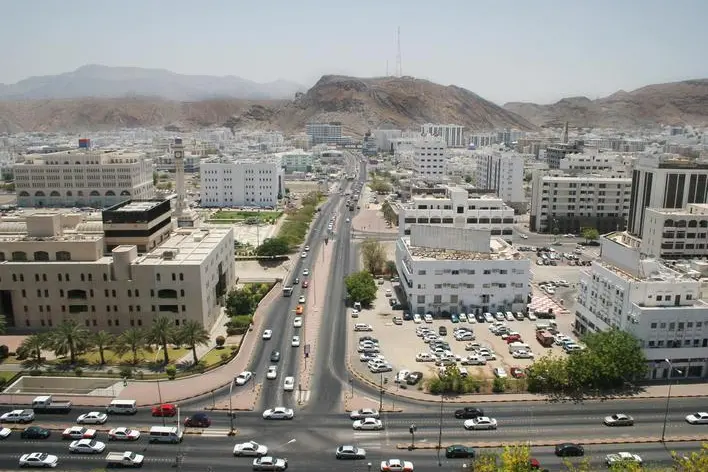PHOTO
DUBAI- Oman told ministries and other government units to cut spending further and announced measures to support the private sector and safeguard Omani jobs from the impact of the coronavirus outbreak, state media said on Wednesday.
The finance ministry directed all ministries and civilian government units to reduce approved liquidity for development budgets by 10%. It said state companies would no longer be set up for business activity, giving priority to the private sector.
On Tuesday, government agencies were told to cut operating budgets by at least 10% this year to counter lower oil prices, including by reviewing salaries and benefits.
The economy of Oman, a relatively small energy producer burdened by high levels of debt, is particularly vulnerable to swings in oil prices, which now exacerbate an expected regional and global economic slowdown caused by the coronavirus pandemic.
Even before those two shocks, Oman had hesitated to push through unpopular tax and subsidy reforms to avoid any public unrest.
The committee overseeing the sultanate's coronavirus response announced in a statement on Wednesday that Omanis cannot be fired. It said private businesses hurt by containment measures can put Omani staff on paid leave or cut wages for three months if working hours are also reduced.
"We urge private-sector businesses and establishments that are impacted to ask non-Omani employees to leave permanently," the statement said, instructing firms that do not do so to negotiate wages with those employees or give them paid leave.
Among incentives announced was a three-month waiver on utility bills and re-licensing fees, a reduction in labour fees and easing of restrictions on employee transfers between firms. Authorities said leniency would be shown on any delays in government projects carried out by the private sector.
Oman has reported 910 cases of the virus and four deaths. Health authorities have said infections were rising among foreign workers and the government has locked down Muscat governorate, which includes the capital, to curb the spread of the disease. Most public venues have been closed.
(Reporting by Alaa Swilam; writing by Yousef Saba; editing by Toby Chopra, Larry King) ((Yousef.Saba@thomsonreuters.com; +971562166204))





















